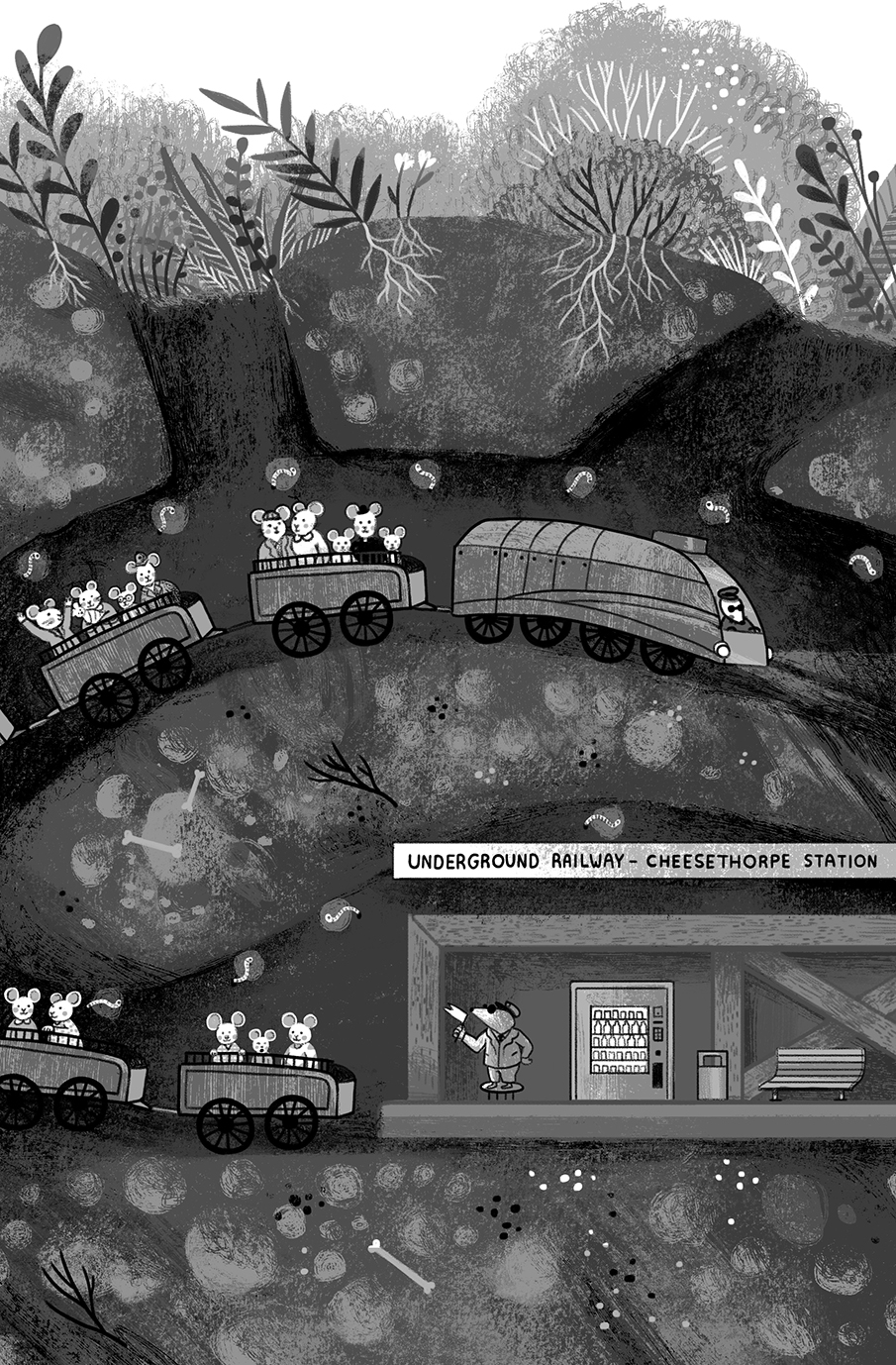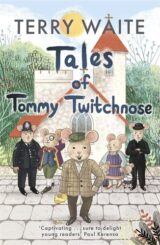This session is the third in a series designed especially for all-age homegroups, those who meet intergenerationally with members from babes in arms through to great grandparents included and is based on the fiction book, Tales of Tommy Twitchnose by Terry Waite, with links to the book of Romans. The activities and discussion points are designed to include all members, as they feel able.
This third session explores how Tommy, the main character, learns an uncomfortable lesson when he thinks more highly of himself, and too little of his cousin, Danny, alongside this, we explore the warning in Romans 12:3, not to think too highly of ourselves.
You will need:
- Refreshments
- Bibles
- Story basket: children’s picture book Bibles, play figures representing different kinds of people.
- Optional: Percussion instruments, scarves, ribbons
- Copies of the verse, Romans 12:3
From the Books
Key Bible text: Romans 12:3
Tales of Tommy Twitchnose reference: Chapter 3, (Excerpt from pages 47-51)
Food and family time
Where possible, begin the time together with a shared meal, or if this is not possible, some light refreshments. As you gather together informally, take the opportunity to model the teaching of this session, living out what it means not to think too highly of ourselves by modelling humility and waiting to let others go first. Talk about your experiences from the past week. Use this time to introduce an all-age atmosphere, by gathering all members together in a shared time of food and friendship.
Story segment
Reintroduce the book, Tales of Tommy Twitchnose and the central character, recapping what you have looked at so far. If you have provided copies of the book for families to read at home in between sessions, you can involve families in recapping the story so far. Read from pg. 47 “Maggie and Mike quickly caught up,” to pg. 51. “such an important job.”
Bible reading – Romans 12:3
Ask the group if this story about the mice reminds them of any particular stories or verses in the Bible. Jesus taught a lot about thinking less of ourselves. Talk briefly about some of the stories or verses that participants recall. You may want to introduce the word ‘humility’ here and talk about what it means.
Remind the group that over the course of this series, we are going to be looking at some of Paul’s teaching in the book of Romans and explain that this was a letter Paul wrote to the church in Rome to encourage them to continue to follow Jesus’ teaching in their lives. Through this series, we may discover that Paul could have written this letter for Tommy Twitchnose to read and learn from, but then he could also have written it for us to read and learn from too! Thankfully, we are able to read this letter in the Bible and discover more about what it means for us to live as followers of Jesus today. Encourage the members of the group to have access to their own Bibles and read together Romans 12:3.
For very young children…
Provide a story basket with a selection of play figures of different shapes and sizes, representing different ages, genders and ethnicity. You could also provide some picture story book Bibles, and perhaps some toy mice, perhaps.
Discussion questions
Invite the group to discuss some of the following questions as are most appropriate. Be intentional about including all ages in this time of discussion, so far as you are able, rather than expecting the children to listen quietly while the adults talk. Allow the conversation to flow naturally, rather than rigidly following the questions below.
- What did you notice about Tommy and Danny in the story today?
- What do you think Paul might say to Tommy in this episode?
- What might his letter say to you?
- What does it mean for us not to think too highly of ourselves?
- What does that look like, practically?
- What challenges you about this verse?
Response Activity
Play some games together which challenge our expectations of one another. For instance, play two truths and a lie, where each person in the room has to give three statements about themselves, one of which is false, for the rest of the team to guess which one they have made up. Or give a statement which is true for only one person in the room for everyone to guess who it is about. Are we surprised at what we discover about one another? Talk about the way we build expectations of people from what we think we know about them.
Alternatively, play games where you get in order, for instance from shortest to tallest, oldest to youngest etc. Talk about how we can create a sense of order of importance of people based on our own criteria as to what makes someone important.
Praise
Some groups enjoy a time of shared sung praise together, whilst for others this is not helpful. Treat this time as optional, depending upon the needs of your group. For younger children, this can be a great time for joining together with the adults in praise, perhaps using percussion instruments, scarves or ribbons as you sing.
Some song suggestions for this session include:
- Big family of God, Nick and Becky Drake
- Once again, Matt Redman
Prayer
Use your hands to form ‘binoculars’ and hold them up to your eyes. Pray that we would have eyes to see people as God sees them. Hold your hand in front of you as though looking in a mirror. Pray that we would see ourselves as God sees us and know that our value is found in him alone.
Take home idea
Provide copies of the text of Romans 12:3 for members of the group to take away and put up on display somewhere they will see it and be reminded of the things you explored during this session. Suggest that they may like to put it near a mirror and use it as a daily ‘check’ for themselves about what they are thinking both of themselves, and of others around them. Ask participants to come back to the next session ready to talk about their experiences and how this may have challenged or changed their thinking.

